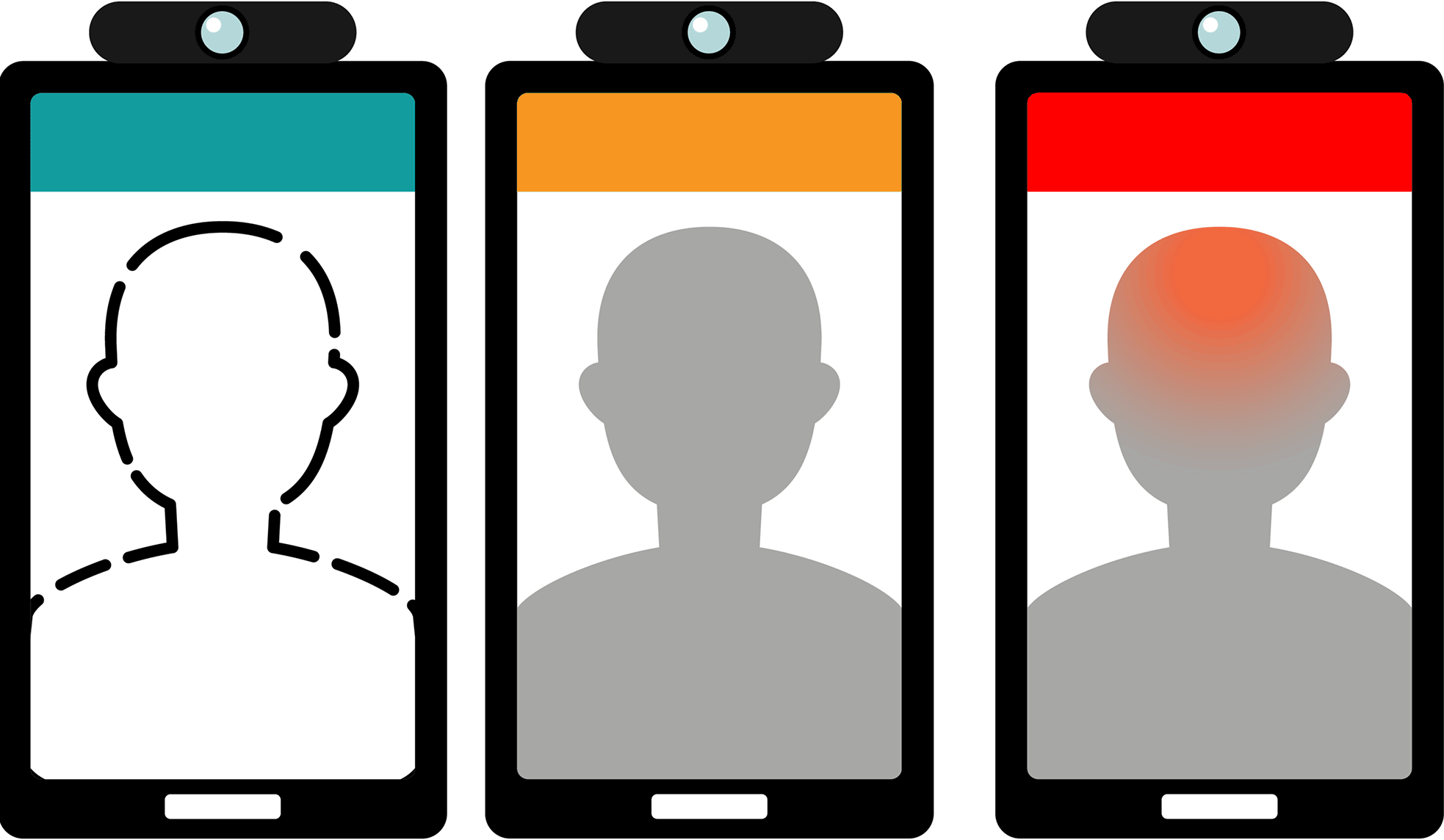The Online Social Experience and Limbic Resonance
I recommend to all readers a small, poetic and profound book about the neuroscience of attachment called A General Theory of Love (2001). It had a powerful impact on me. It explains a paradox about the online experience. Many people use the Internet to connect with others and growing numbers seem to prefer their screen-mediated social interactions over face-to-face or, even, voice-to-voice social interactions. Yet, repeatedly, studies are finding a strong correlation between depression and the amount of time spent online. There is always the question of which came first, but there is good evidence to suggest that time spent in front of the screen can lead to depression in those who were not depressed to begin with. Of course, the computer does get used to cope with depression and other problems, but I want readers to understand that too much screen time can, by itself, lead to depression. And here is why.
Let me begin by explaining limbic resonance. It refers to the energetic exchange that happens between two people who are interacting in a caring and safe relationship. Their interaction stimulates the release of certain neurochemicals in the limbic region of the brain. These chemicals are necessary for full emotional and physical well-being. Without enough limbic resonance in our lives, over time, we function and feel less and less well. This is why isolation is bad for us. We are social animals; we need one another. As adults, we become depressed and anxious without enough limbic resonance in our lives. As newborns, we may die; if we don’t die, we are going to be damaged by this lack. We are not self-contained, self-regulating units. We are regulated through our healthy interactions with those to whom we feel safe and close.
So, what might be the problem with seeking to satisfy this need online? The problem is that, based on the research and confirmed by my clinical experience, the online experience does not appear to stimulate limbic resonance, at least not in the degree that we need it. I am unaware of research that has found an explanation for this, but I can speculate about why. I think we need multisensory stimulation to experience limbic resonance. Consider our history as social animals. It is only in this digital age that vast numbers of people have tried to meet their social needs through screen-mediated interaction. Before just now, we mainly interacted face to face, supplemented with letters and, recently, phones. In our face-to-face encounters, we could see and hear and touch and smell one another. This is our natural way to socialize. Our bodies and minds are designed for this. The evidence is mounting that we need to follow our natural design or suffer the subtle but significant consequences.
You might ask the question: if it’s natural, why doesn’t it just happen that way? How can we get off track with screens, if face-to-face socializing is what comes naturally? It’s a fair question to ask. The answer, I believe, lies simply in the fact that we are all born with a design built into our genes, but this design can be thwarted by experience. There are normal stages of child development that lead to healthy adulthood if the child is given what is needed for normal development. However, if the child does not receive what is needed, the child’s development will not be normal and that person can grow into an unhealthy adult, one who will struggle to learn what was not learned, and may be burdened with depression, anxiety, etc. There are many good books written about child development. Video Games and Your Kids: How Parents Stay in Control (2008) is one written by Kim McDaniel and myself discussing the impact of digital screens on child development.
When I give talks to college students, I am often asked if online communication using a camera that allows the communicators to see and hear one another might be an adequate substitute for the face-to-face interaction. I have to answer that I don’t know, and that, ultimately, research will have to supply the answer. However, I suspect that the answer will still be “no”. It might be better than text only. And I’m sure that it’s better than nothing. But, over time, I suspect that the need for limbic resonance would not be met and disregulation would set in.
In young people, like those I work with at the reSTART Program, I am seeing the problem compounded by a whole childhood spent in front of screens and not enough spent face-to-face. The result is a young brain wired for digital media use and not well wired for the face-to-face socializing they actually need. Their lack of social skill (also known as social intelligence) leaves such a young person inadequately prepared for achieving satisfactory social connections in the real world. I call this lack an “intimacy disorder”, a concept used by Dr. Carnes when describing sex addiction. Indeed, I am finding that the lack of skills for achieving emotional intimacy leads to social anxiety and avoidance. This, in turn, increases the likelihood of such a person turning to digital media as an escape. In the virtual world, people can find avenues leading to online friendship, romance and sexual outlets where the skills needed to be successful in the real world are not required.
In conclusion, I advise everyone to make sure that you and those you care about are getting limbic resonance needs met through real world, face-to-face contact. Trying to meet social needs through the internet is like feeding pure sugar to a person who needs food. It will not nourish and they will starve.
If you or a loved one is struggling with isolation, social anxiety, and depression due to excessive online computer use and you would like to talk about how to intervene contact us anytime. Please call 303-635-6753 or email us at, Tracy@CollegiateCoachingServices.com



